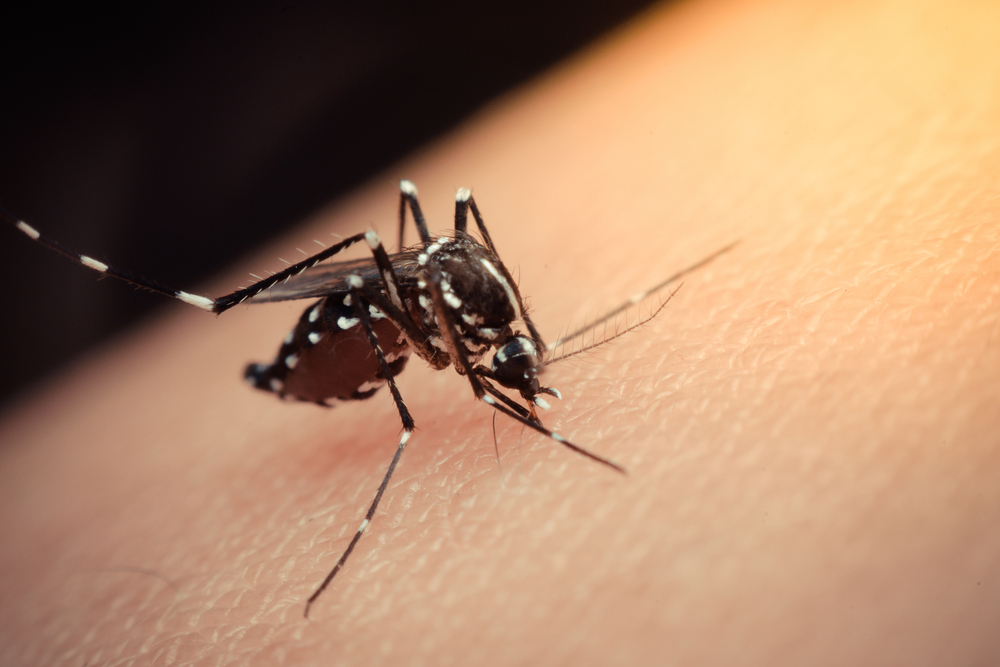
A union of Emergent BioSolutions Inc. and Valneva SE has led to the initiation of a Phase 1 clinical trial for a Zika virus vaccine candidate in the United States.
The purified inactivated vaccine candidate, VLA1601, has been developed using the same manufacturing platform as Valneva’s Japanese encephalitis vaccine. In all, about 65 healthy adults will be given two dose levels of VLA1601 administered across two different vaccination schedules. The data collected from the randomized, observer-blinded, placebo-controlled, single-center study will become available in late 2018 or early 2019.
“Emergent’s commitment to our mission – to protect and enhance life – fuels our pursuit for preparedness solutions against Zika virus, the consequences of which remain a public health challenge that requires attention,” said Adam Havey, executive vice president of Business Operations at Emergent BioSolutions. “Our collaboration with Valneva on this Phase 1 study intends to make meaningful contributions to global research in this field.”
The mosquito-borne Zika virus, which can be passed from a pregnant woman to her fetus, can cause microcephaly and other birth defects, according to the U.S. Centers for Disease Control and Prevention (CDC). Areas affected by Zika also have reported an increase in Guillain-Barré syndrome, a nervous system disorder, CDC notes. The number of confirmed Zika cases surged in the continental United States and its territories in 2016.
Should the clinical trial prove successful, Emergent will have the option under the partnership agreement to continue development and commercialization of a vaccine under an exclusive license agreement with Lyon, France-based Valneva for a payment of €5 million. Valneva would in turn be given milestone payments of up to €44 million based on product development, approval, commercialization, product sales and future royalties. If the product makes it to a Phase 3 trial, the biotech company also would be able to negotiate with Emergent for exclusive commercialization rights in Europe.
For now, the two parties will share costs until Phase 1 is complete. Valneva will be responsible for the program’s execution until completion of that phase, via a joint governance structure.
Later, the companies said they expect to enter into a technology transfer agreement to facilitate the transfer of Valneva’s technology to Emergent’s Bayview manufacturing facility in Baltimore, Maryland.
“We are delighted that our collaboration with Emergent has resulted in the clinical progression of a very promising vaccine candidate,” Thomas Lingelbach, president and CEO of Valneva, said. “This vaccine candidate has already demonstrated an excellent preclinical profile comparable to Valneva’s licensed Japanese Encephalitis vaccine.”
Because the Zika vaccine is expected to initially target women of child-bearing age and those who are pregnant, health authorities prefer a purified inactivated vaccine over other vaccine technologies, such as live-attenuated vaccines. The risk is that a live vaccine given to a pregnant woman could infect her fetus, and is therefore not recommended during pregnancy, according to a statement from the companies.
“In pre-clinical development, VLA1601 demonstrated excellent purity and had an overall biological, chemical and physical profile comparable to the commercially produced [Japanese encephalitis] vaccine, which means that a similar safety and immunogenicity profile could be expected,” the statement said.

